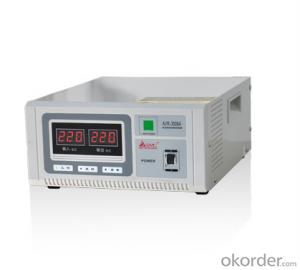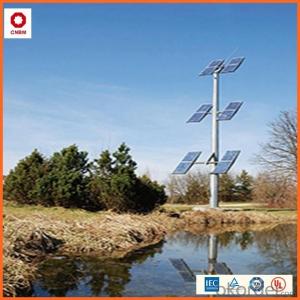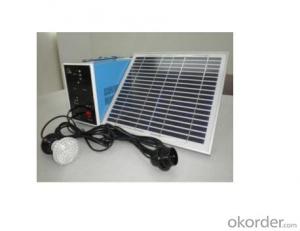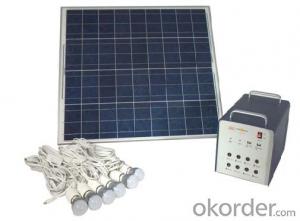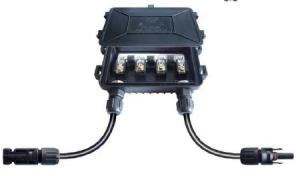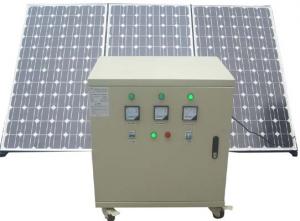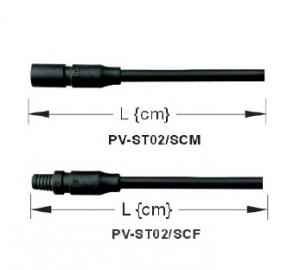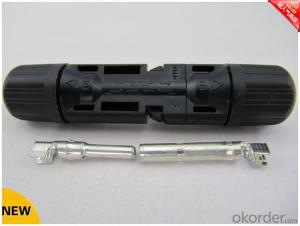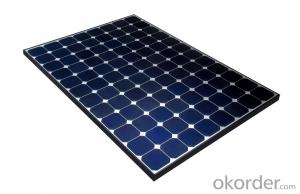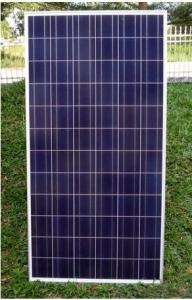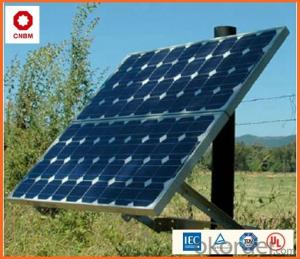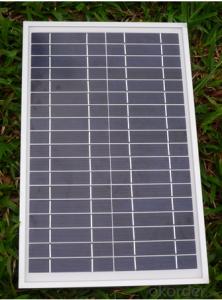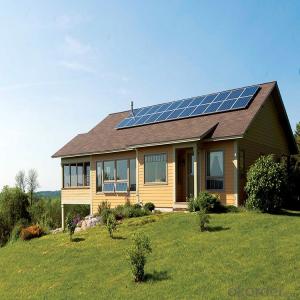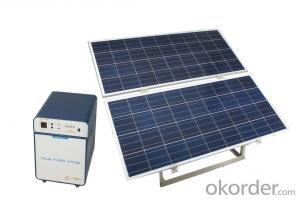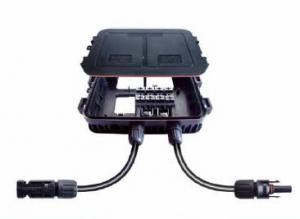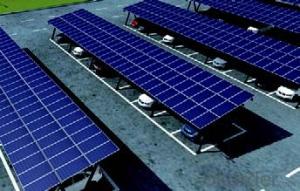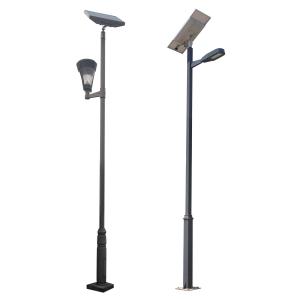All Categories
- - Steel Wire Rod
- - Steel Coils
- - Steel Profiles
- - Steel Pipes
- - Stainless Steel
- - Tinplate
- - Special Steel
- - Steel Sheets
- - Steel Rebars
- - Steel Strips
- - Hot Rolled Steel
- - Cold Rolled Steel
- - Pre-painted Steel
- - Seamless Steel Pipe
- - Welded Steel Pipe
- - Hollow Steel Tubes
- - Galvanized Pipe
- - Stainless Steel Coil
- - Stainless Steel Sheet
- - Stainless Steel Plate
- - Stainless Steel Strips
- - Electrolytic Tinplate Coil
- - Electrolytic Tinplate Sheet
- - Stainless Steel Rebars
- - Solar Panels
- - Solar Water Heater
- - Solar Related Products
- - Solar Inverter
- - Solar Cells
- - Solar Light
- - Solar Energy Systems
- - Solar Controllers
- - Solar Mounting System
- - Solar Pump
- - Solar Chargers
- - Fiberglass Chopped Strand
- - Fiberglass Mesh Cloth
- - Composite Pipes
- - FRP Pultrusion Profiles
- - Fiberglass Mat Tissue
- - Fiberglass Fabrics
- - Fiberglass Mesh
- - Composite Tank
- - Fiberglass Mesh tape
- - Polymer
- - FRP Roofing Panel
- - Fiberglass Roving
- - Monolithic Refractories
- - Ceramic Fiber Products
- - Refractory Bricks
- - Raw Materials For Refractory
- - Suspended Platform
- - Cranes
- - Concrete Machinery
- - Earthmoving Machinery
- - Building Hoist
- - Road Building Machinery
- - Plastic Pipe Fittings
- - Plastic Tubes
- - Plastic Sheets
- - Agricultural Plastic Products
- - Plastic Nets
 All Categories
All Categories
Q & A
What are the key factors to consider when choosing a solar energy system?
When choosing a solar energy system, it is important to consider the following key factors:
1. System Size: Assess your energy needs and determine the appropriate system size that can meet your electricity demands.
2. Quality and Efficiency: Look for high-quality solar panels and inverters that are efficient in converting sunlight into electricity.
3. Cost: Consider the upfront cost of the system, including installation and equipment, as well as the potential long-term savings on electricity bills.
4. Warranty and Maintenance: Ensure the system comes with a warranty and understand the maintenance requirements to ensure optimal performance.
5. Installation: Choose a reputable and experienced installer who can design and install the system properly for maximum efficiency.
6. Local Regulations and Incentives: Familiarize yourself with local regulations, permits, and available incentives or rebates that can help offset the cost of installing a solar energy system.
7. Solar Potential: Assess the amount of sunlight your location receives throughout the year to determine the feasibility and effectiveness of a solar energy system.
Can solar energy systems be used in areas with strict homeowner association regulations?
Yes, solar energy systems can be used in areas with strict homeowner association regulations. However, it is important to check the specific guidelines and requirements set by the homeowner association to ensure compliance. In some cases, there may be certain restrictions on the placement, size, or appearance of solar panels, but many homeowner associations are recognizing the benefits of renewable energy and have adopted more flexible policies to accommodate solar installations.
Are there any disadvantages to using solar energy at night?
Yes, there are disadvantages to using solar energy at night. Solar panels rely on sunlight to generate electricity, so they become ineffective once the sun sets. This means that solar energy cannot be directly utilized during the night, leading to the need for alternative energy sources or energy storage systems to ensure a continuous power supply. However, advancements in battery technology and the integration of solar with other renewable sources are mitigating this drawback and making solar energy more reliable even during nighttime.
Can solar energy systems be used in areas with limited sunlight?
Yes, solar energy systems can still be used in areas with limited sunlight. While solar panels are most effective in areas with abundant sunlight, they can still generate electricity even in areas with less sunshine. Additionally, advancements in solar technology have made it possible to capture and utilize diffuse or indirect sunlight, increasing the efficiency of solar energy systems in areas with limited sunlight.
Wholesale Solar Energy Systems from supplier in Iceland
With our expertise and partnership with CNBM, we are able to offer competitive prices and high-quality Solar Energy Systems products. Whether you are looking for solar panels, inverters, battery storage systems, or any other components, we have the solution for you.
Our team of professionals is available to assist you throughout the entire process, from initial consultation to installation and maintenance. We understand the unique challenges and requirements of the Icelandic climate, and we can provide tailored solutions to maximize the efficiency and effectiveness of your solar energy system.
By choosing our Solar Energy Systems solutions, you are not only investing in a sustainable future but also benefiting from long-term cost savings. With the abundance of sunlight in Iceland, harnessing solar energy can significantly reduce your reliance on traditional energy sources and lower your electricity bills.
Join the growing number of individuals and businesses in Iceland who are embracing solar energy as a clean and renewable power source. Contact us today to discuss your solar energy needs and start your journey towards a greener future.
Our team of professionals is available to assist you throughout the entire process, from initial consultation to installation and maintenance. We understand the unique challenges and requirements of the Icelandic climate, and we can provide tailored solutions to maximize the efficiency and effectiveness of your solar energy system.
By choosing our Solar Energy Systems solutions, you are not only investing in a sustainable future but also benefiting from long-term cost savings. With the abundance of sunlight in Iceland, harnessing solar energy can significantly reduce your reliance on traditional energy sources and lower your electricity bills.
Join the growing number of individuals and businesses in Iceland who are embracing solar energy as a clean and renewable power source. Contact us today to discuss your solar energy needs and start your journey towards a greener future.
